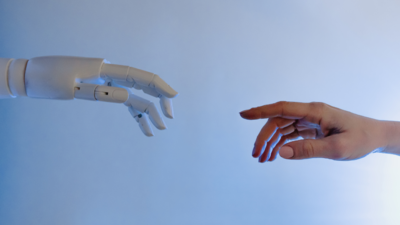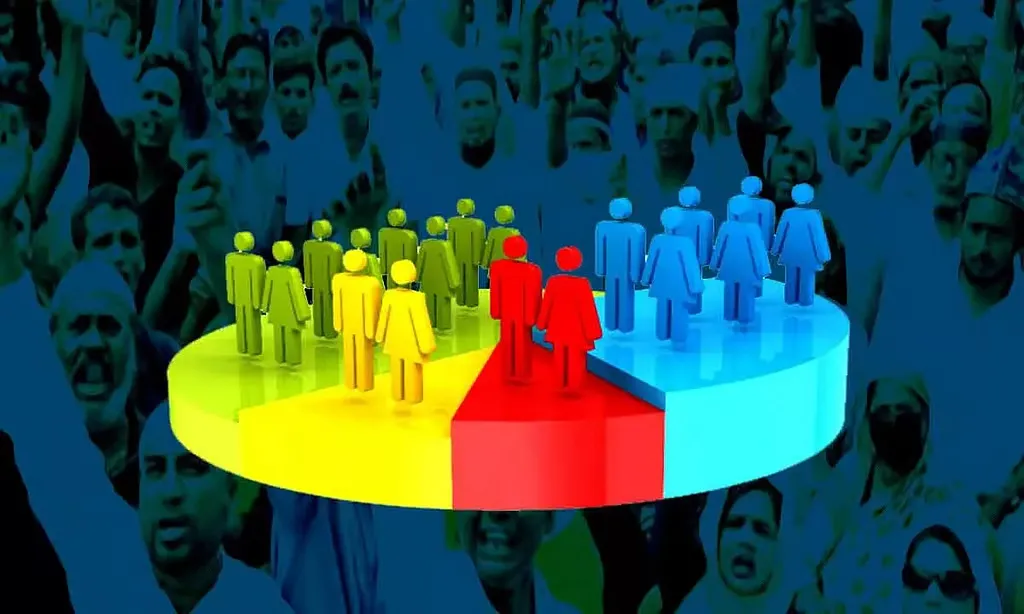
The future of surgery: Will robots replace surgeons?
Surgery has evolved significantly—from open procedures to minimally invasive laparoscopic techniques, and now, the rise of robotic-assisted surgery. But a key question remains: Will robots ever replace human surgeons? The short answer is NO.
Robotics in surgery is an advanced tool, but it cannot function independently of human expertise, judgment, and skill.
How robotic surgery works
In laparoscopic surgery, the surgeon directly controls the instruments with their hands. In robotic surgery, the surgeon still remains in control, but instead of holding the instruments directly, they manipulate robotic arms that perform the movements with greater precision.According to Dr. Arpit Bansal, advanced laparoscopic and cancer surgeon, “The procedure begins with the surgeon manually inserting small laparoscopic ports into the body. These ports act as entry points for the surgical instruments. Once in place, the robotic system is “docked” onto these ports, securing the robotic arms to the patient. This docking process allows the surgeon to control the instruments remotely from a console, enabling greater flexibility, precision, and stability during surgery.”
The key advantage of using robots in surgery: Precision and AI Integration
The primary advantage of robotic surgery over traditional laparoscopy is its enhanced precision, especially in complex procedures. Robotic systems allow for finer movements, reducing errors and improving patient outcomes. AI tools are also being integrated into robotic surgery, benefiting both surgeons and patients. For example, in France, a global leader in laparoscopy, AI is being combined with real-time, high-definition CT and MRI scans to guide surgical procedures.
These live imaging tools provide surgeons with a detailed, real-time view of the patient’s anatomy, allowing for more precise navigation during surgery.
Robots as Assistants, Not Replacements
While robotic and AI advancements are transforming surgery, they will never replace human surgeons. Robots serve as enhanced tools, not decision-makers. The surgeon remains responsible for critical decision-making, problem-solving, and adapting to unexpected challenges during surgery. The future of robotic surgery lies in collaboration. Robots will assist, not replace, surgeons, particularly in complex and longer procedures where precision is crucial. The integration of AI, robotics, and human expertise will continue to refine surgical techniques, leading to safer, more effective procedures for patients worldwide.





